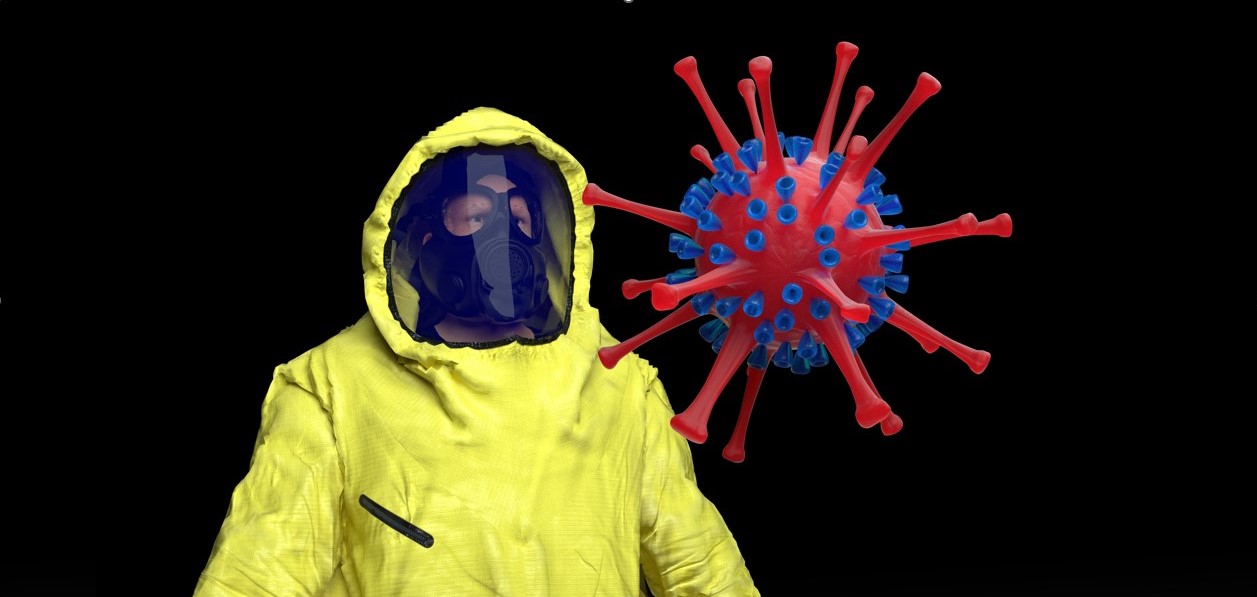Hong Kong, 31 August 2022: We all know about Black Lives Matter, the global social movement which highlights racism, discrimination and racial inequality. There is also I Matter, a worldwide campaign that recognises and values women as essential leaders. Equally laudable is We Matter, an organisation in Canada dedicated to Indigenous youth support. And then we have Hong Kong’s crusade to conquer Covid-19 which, in stark contrast to the above positive messaging, could be called You Don’t Matter.
Future generations? They don’t matter. Yesterday, the Education Bureau announced a tightening of regulations ahead of the new school year tomorrow. From November, secondary schools will only be allowed to conduct full-day classes if 90% of their students have been triple-vaccinated. Currently, the requirement is two jabs. Meanwhile, all-day classes at kindergartens and primary schools remain suspended. It could get worse. Education Secretary Christine Choi warns full-day learning might be halted if this city’s daily infections surpass 10,000. (On Monday, we logged 8,488 new cases.) Lest we forget, our long-suffering kids are about to enter their fourth academic year of Covid-interrupted learning.
People with disabilities or special needs? Unimportant. Today, we can read aghast about an autistic nine-year-old boy and his father enduring a 13-hour wait at the airport while they applied for permission to home quarantine. The rules state application for home quarantine on medical grounds can only be made after arrival. The young man slept on the airport floor while officials dithered. Exasperated, the father took his son to their quarantine hotel. Eventually, they were allowed to go home.
We’ve all heard horror stories. One of my clients was just detained at the bleak Penny’s Bay government quarantine facility. After endless rounds of negative tests following a trip to the UK, he returned a (false) positive result while trying to travel to Macau. He was brusquely escorted to a minibus and taken to camp, where a dreary room awaited him. The food was inedible. After three days of negative tests and railing against his incarceration, he was released. “What sort of government treats law-abiding citizens like this?” he asked. I’m sorry, my frustrated friend, you simply don’t matter.
Scanning the headlines for more cheery fare, we see our city’s iconic Peak Tram has just reopened after a 15-month, HK$800 million (US$102 million) renovation project. Wonderful! The larger tramcars can carry 75% more passengers each trip, which is excellent news for tourists. Oh. Total visitor arrivals in the first six months of this year were 76,000. In the first six months of 2019, the figure was almost 35 million. Tourism doesn’t matter.
Neither does our once-bustling airport. On Sunday, it welcomed 71 passenger flights, in contrast to the 254 which landed in Singapore. Earlier this month, our flagship carrier Cathay Pacific announced a loss of almost HK$5 billion (US$637 million) for the first half of this year and warned this city had fallen “far behind” other international aviation hubs. Yes, so what?
Our F&B industry knows its place in the pecking order. Last Friday, Health Secretary Lo Chung-mau announced rapid antigen tests (RATs) – already mandatory if you pop to the pub for a pint – would be extended to groups of more than eight people dining together. Each person now needs to produce a negative RAT within 24 hours before eating. If you’re a table of eight, no need. If you’re a group of nine spread across two tables, then you must. Go figure. Professor Lo also warned some stringent anti-epidemic measures could make a comeback. Logic, obviously, doesn’t matter.
Ditto environmental concerns. Pandemic-paranoid health officials wrap everything in plastic. Quarantine hotels and isolation facilities are engulfed by it – plastic coverings on remote controls, mattresses, pillows, you name it. Food comes with plastic cutlery. Staff wear full PPE. All school teachers and students must do daily RATs, ditto elderly care home staff. More than half a million RATs are taken every day in Hong Kong. This city disposes of over 2,300 tons of plastic waste a day. With a recycling rate of just 11%, most of it goes into landfills. Ah, who cares?
Hamsters, of course, don’t matter. In fact, all pets would appear expendable given that we have amended the law so that owners who ignore an order to give up their furry friend for disease control purposes can be locked up. Fat cats (of the corporate kind) are valued, however. Our government is considering giving quarantine exemptions to senior bankers coming to town for a major investment summit in November. Yes, we’re staging a conference to show Hong Kong is open for business while demonstrating it is not.
In a searing opinion piece in the most recent Sunday Times, former UK Supreme Court justice Jonathan Sumption castigates Prime Minister Boris Johnson and his cabinet for their draconian response, including lockdown, in the early months of the pandemic. “The result illustrated some of the worst features of top-down government. The lack of wider deliberation and scrutiny leads to decisions being made on the hoof, without proper forethought, planning or research. It promotes loyalty at the expense of wisdom, and flattery at the expense of objective advice.” Stern stuff. Lord Sumption, of course, sometimes sits in Hong Kong’s Court of Final Appeal. A penny for his thoughts on our plight.
Citizens’ financial, physical and mental health are irrelevant. Our civil liberties and personal freedoms have become immaterial. Science doesn’t even enter the equation. No, we are asked to devote all our efforts to “fighting” the virus while our whip-cracking leaders urge us on. They don’t mind and – yes, you’ve worked it out, my friends – we definitely don’t matter.
Stay safe and well, everybody!
Colin Cohen
Senior Partner
Boase Cohen & Collins



